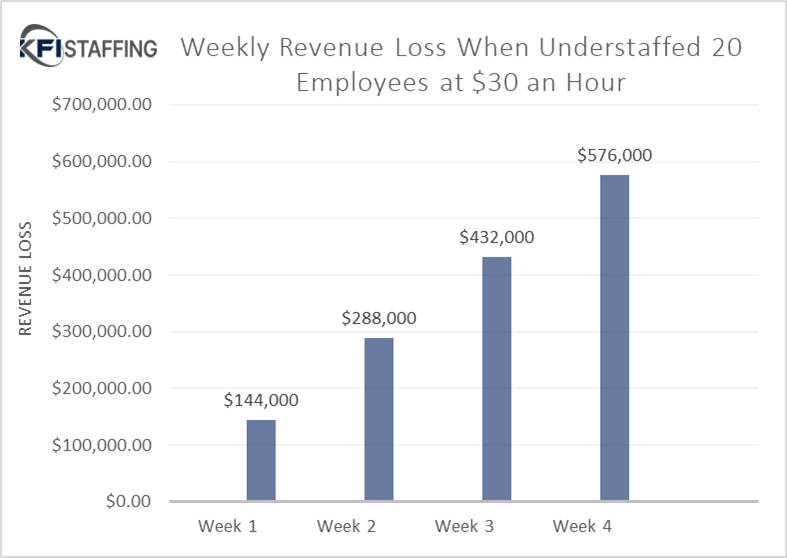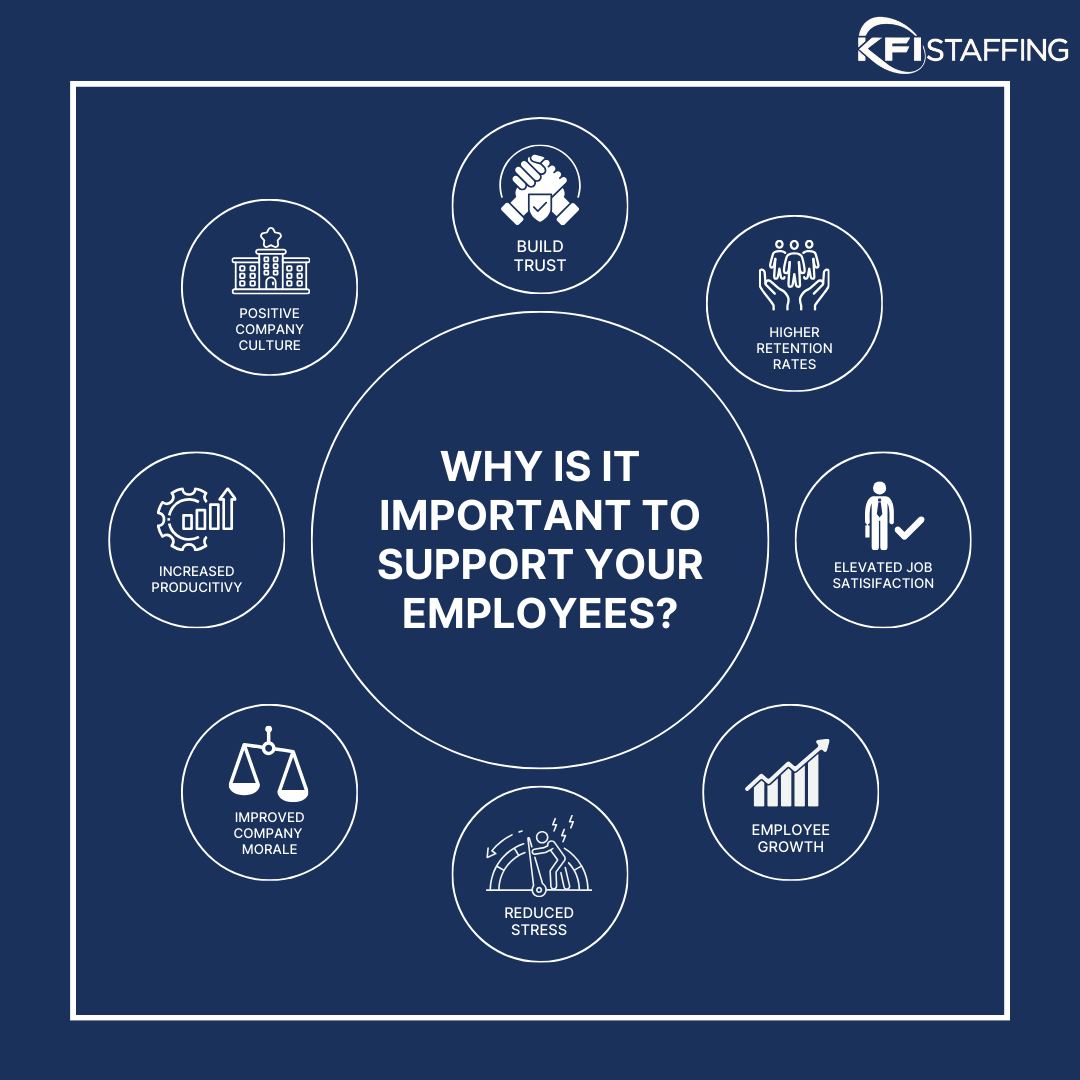Understanding the difference between employee sourcing methods is important for efficiency, revenue growth and improving your overall company morale. It also helps to diversify your team and better understand their needs. Whether it be local, national or global sourcing, each method offers different benefits. Through research, trial and tribulation, years of experience and an overall commitment to improving the staffing world, our KFI Staffing team has narrowed down, what we believe, to be the most beneficial method.
To understand the pros and cons of each method, it’s important to have a solid foundation of what they represent:
Local Sourcing: This refers to the practice of recruiting and hiring employees from the same geographic area or region as the organization’s physical location. It typically involves seeking candidates who live or work in the same city, town, or local area where the company is based. On average, this does not exceed 30 miles from any given recruiting location.
National Sourcing: This method relies on the practice of recruiting and hiring employees from within the same country where the organization is based. Instead of limiting the search for candidates to a local or regional area, companies that source talent nationally consider job applicants from various cities, states, or regions within their country. Depending on the type of position looking to be filled will drive where you source national talent from.
Global Sourcing: Global sourcing, on the other hand, involves looking beyond national borders to find resources or talent. This approach seeks to leverage a broader pool of options and may prioritize cost efficiency, access to specialized skills, or the ability to tap into global markets. Global sourcing can introduce diversity and innovation but also requires considerations related to cultural and logistical, as well as the potential impact on local industries.
Regardless of the method, being short-staffed can result in revenue loss for your company. On average, production associates produce 6 times their hourly salary in revenue; therefore, being short staffed 20 employees at $30/hr would lose $144,000 in revenue per week. Understanding how your company sources talent is important to ensure operations are running at full capacity.

Why does KFI Staffing Source Talent Nationally?
When it comes to nationally sourcing talent, the primary purpose is to widen your talent pool while ensuring that your team members are aligned with the needs and values of your company. Sourcing talent nationally can support economic growth by promoting employment, contributing to skill development, and increasing diversity. It can also enhance communication and innovation within the workplace, as employees share different perspectives and experiences.
Another benefit of sourcing talent nationally is that it creates job opportunities for communities. This allows individuals in areas where job options are limited to find employment beyond their borders. By offering job opportunities to individuals beyond their local perimeters, organizations contribute to the growth of diverse communities and empower individuals in regions where employment options might be limited. This approach helps bridge employment gaps and promotes a more inclusive workforce. National talent sourcing acts as a powerful tool not just for organizational success but also for fostering a more robust job market.
Local, national, and global sourcing each present distinct advantages and challenges. By casting a wider net across the country, companies have greater opportunities to build a team that offers diverse perspectives, fosters innovation, and contributes to economic growth. The benefits extend beyond the organization, creating job opportunities, supporting skill development, and enhancing the overall quality of talent available. In the ever-changing landscape of the manufacturing industry, where the consequences of being short-staffed can be significant, the different types of talent sourcing act as a strategic approach, positioning companies for success.


